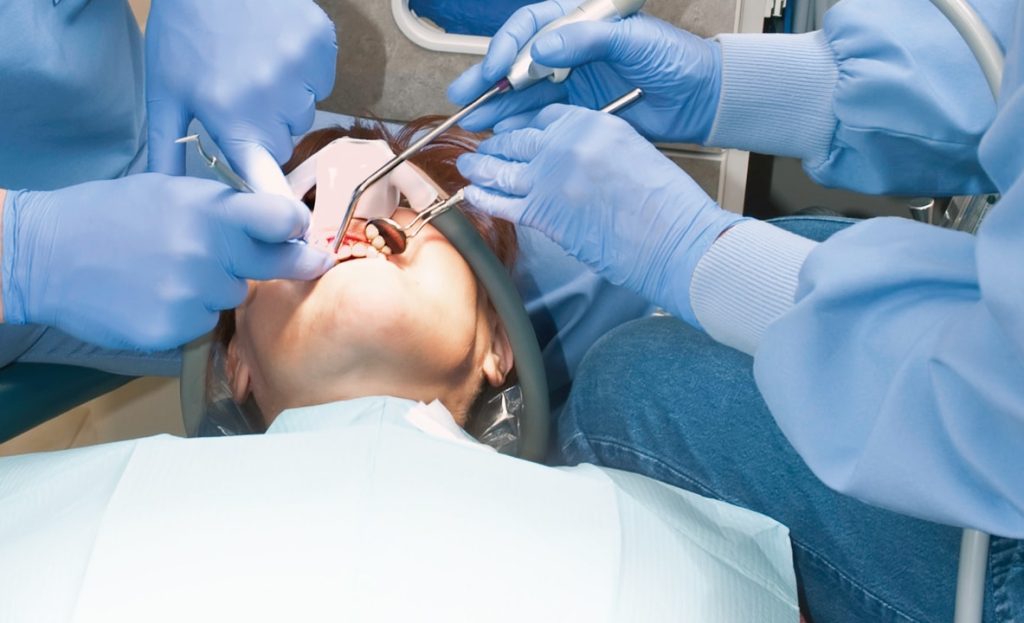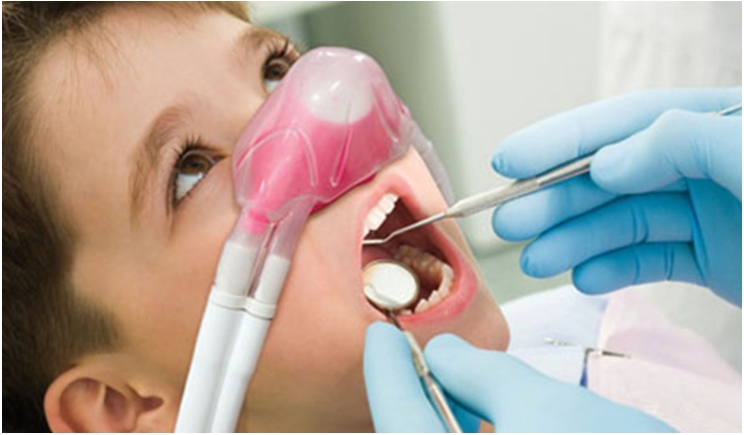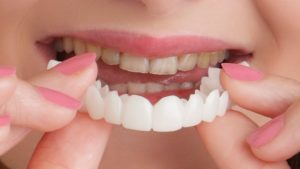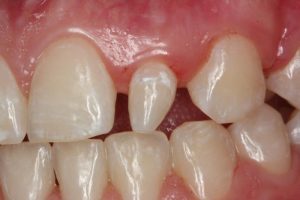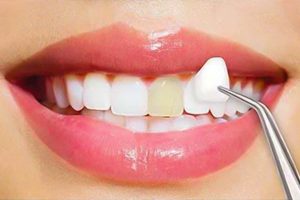I keep reading these stories about patients who’ve died during sedation. It’s starting to freak me out. I’m scheduled to get my wisdom teeth extracted and plan on using sedation to make this go easier. I’m an anxious patient even when I just go in for cleanings. Now, I’m a wreck and not sure what to do. Can I die from this?
Laura M. – Alabama
Laura,
Let me put your mind at ease. While there are risks with any procedure, it is extraordinarily rare for patients to die from dental sedation. And, most of the time when they do, it’s usually those patients who were put under anesthesia.
It’s more likely the type of sedation you’ll get is oral conscious sedation. This doesn’t lower your respiratory functions the way anesthesia does. You’ll be conscious, but completely relaxed. This allows the numbing medication to do its job giving you a pain-free experience.
If you’re an anxious patient, it will be important you get the medication. Dental anxiety tends to increase your metabolism causing you to burn through the numbing medication.
Talk to your dentist about your concerns. Ask about what type of monitoring they do. You can ask them to have oxygen on hand and monitor your heart, though many sedation dentists do this as a matter of course.
What is Dental Sedation?
Dental sedation is a method used to manage anxiety and discomfort during dental procedures. It involves the administration of sedative drugs to induce a state of relaxation, making it easier for patients to undergo necessary treatments. The three main types of dental sedation are nitrous oxide (laughing gas), oral sedation (pills), and intravenous (IV) sedation.
- Nitrous Oxide (Laughing Gas):
Nitrous oxide is a gas administered through a mask placed over the nose. It induces a relaxed state without rendering the patient unconscious. Nitrous oxide is known for its quick onset and recovery, allowing patients to resume normal activities shortly after the procedure.
- Oral Sedation:
Oral sedation involves taking a prescribed medication before the dental appointment. The medication, usually in pill form, helps induce a relaxed state. While patients remain conscious, they often have limited memory of the procedure.
- Intravenous (IV) Sedation:
Administered through an intravenous line, IV sedation allows for a deeper level of sedation. Patients may drift into a semi-conscious or fully unconscious state, depending on the dosage. IV sedation is often used for more complex or lengthy procedures.
Can You Die from IV Sedation at Dentist?
The fear of death from dental sedation is a serious concern, but it’s crucial to understand that such incidents are extremely rare. Dental professionals undergo extensive training to administer sedation safely, closely monitor patients during procedures, and have emergency protocols in place. This means, that IV sedation risk death is very low and you don’t have to worry about it.
Safety Measures in Dental Sedation:
Patient Evaluation:
Before administering any form of sedation, dentists conduct a thorough evaluation of the patient’s medical history, current health status, and potential risk factors.
- Individualized Approach:
Sedation plans are tailored to the individual needs of the patient, considering factors such as age, weight, and overall health.
- Monitoring:
Continuous monitoring of vital signs, including heart rate, blood pressure, and oxygen levels, is standard during dental sedation procedures.
- Emergency Preparedness:
Dental professionals are trained to recognize and respond to any complications promptly. Emergency equipment, including resuscitation devices, is readily available.
- Proper Dosing:
Dentists carefully calculate and administer sedative drugs in appropriate doses to achieve the desired level of sedation without compromising safety.
Patient Education and Informed Consent:
Open communication between the dentist and the patient is essential. Dentists explain the type of sedation planned, potential risks, and the safety measures in place. Patients are encouraged to ask questions and voice any concerns during the informed consent process.
Conclusion: Balancing Comfort with Safety
While the fear of death from dental sedation is understandable, it’s essential to recognize that dental professionals prioritize patient safety and adhere to stringent protocols.
Dental sedation, when administered by trained and experienced professionals, is considered a safe and effective means of providing comfortable dental care. Open communication, thorough evaluation, and adherence to safety measures contribute to a positive and secure dental sedation experience for patients.
